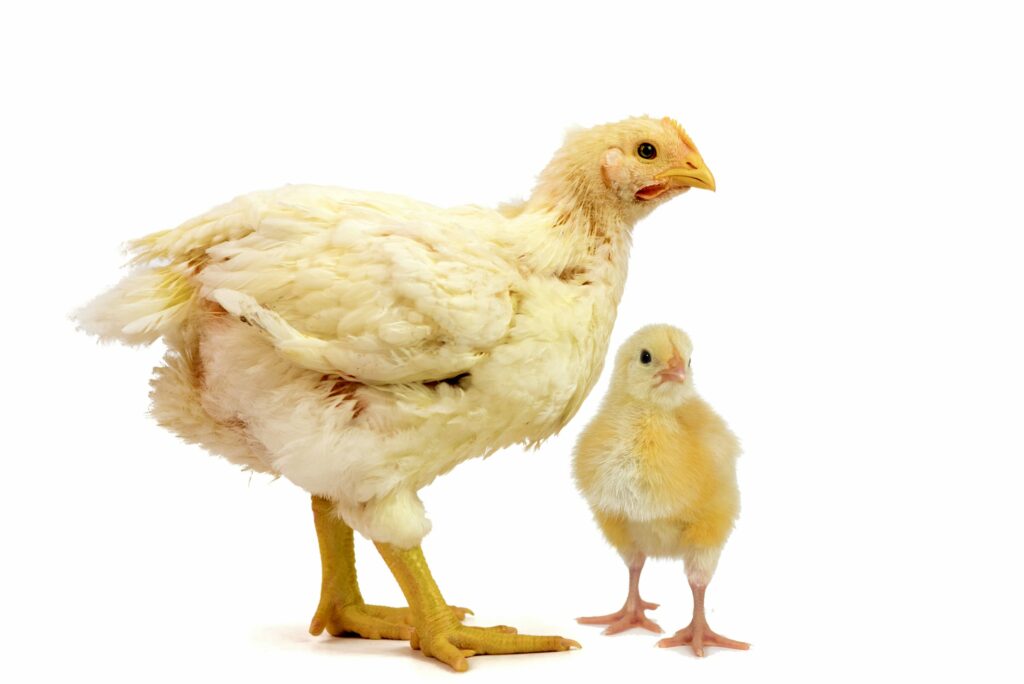
"Poultry Gut Health" seminar
Our contract research facility has been active for two years now. In this period we have performed several interesting trials. We are glad to present some of the results of these trials at the seminar “Poultry Gut Health”. Also on behalf of our business partners Biomin, Trouw Nutrition, HatchTech and DSM Animal Health we would like to invite you to this event.
The next spreakers will inform us about the newest topics in poultry gut health:
- Prof. dr. Bob Wideman, Univ. Arkansas: The relation between gut health and lameness *)
- Mr. Bert Janssen, Trouw Nutrition: Innovations in poultry feeding
- Ir. Jan Wijnen, HatchTech: Water and feed at hatching time, what’s the advantage?
- Ir. Marien v.d. Brink, DSM Animal Health: Decreasing protein in broiler diets: more with less
Target audience: poultry / nutritional specialists, working for hatcheries, feedmills, slaughterhouses, integrations, pharmaceutical companies and research organizations
Date & time: November 1st 2019, lunch: 13:00-13:30, seminar: 13:30-17:00.
Location: GvP, James Cookstraat 10, NL-7825 AN Emmen, the Netherlands, Phone: +31 591 613 908
The registration fee is € 50,00 (exclusiv VAT). Students have free access. Participants receive an invoice per email after registration. Payment preferably per bank transfer.
*) Prof. dr. Bob Wideman began his career as a poultry physiologist at Penn State University. Twenty-one years ago he moved to the Center of Excellence for Poultry Science at the University of Arkansas, where he continues to conduct research and teach physiology. He also serves as Associate Director for the Poultry Center. Bob and his students have made major contributions to our understanding of several problems caused by organ system dysfunction, including kidney damage in laying hens and ascites syndrome in broilers. For the past 5 years Bob’s primary research focus has been on lameness associated with micro-trauma and bacterial infection in broilers. The title of his presentation is “BCO: pathogenesis, epedemiology and prevention”.
